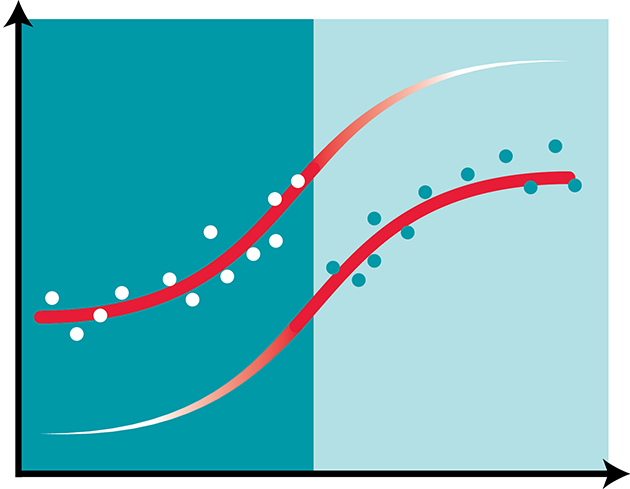National Science Foundation

This project is funded by the National Science Foundation (NSF) Promoting Research and Innovation in Methodologies for Evaluation (PRIME) program to strengthen the practice of evaluation, particularly for interventions to improve science, technology, and mathematics (STEM) knowledge.
Evidence & Insights From This Project

Evaluating Basic Science Investments: Toward a More Robust Practice
This brief summarizes learning from early efforts by a working group of philanthropies and other organizations that are trying to establish that their investments in basic science research contribute to advancing knowledge.
Learn MoreStandards for Regression Discontinuity Designs
Related Staff
See Clearly. Act Quickly.
Our experts can help you make smart, sustainable decisions. From local to global challenges in health, human services, and international development, we’re here to improve public well-being and make progress together.
Work With Us

